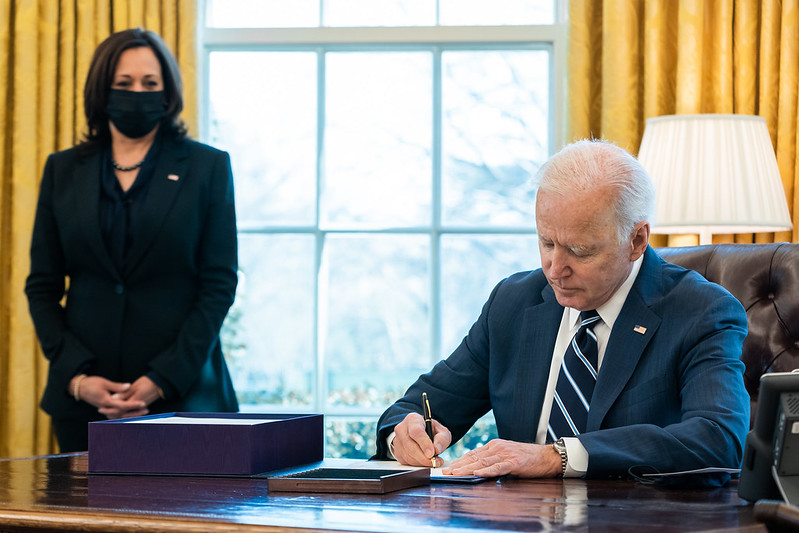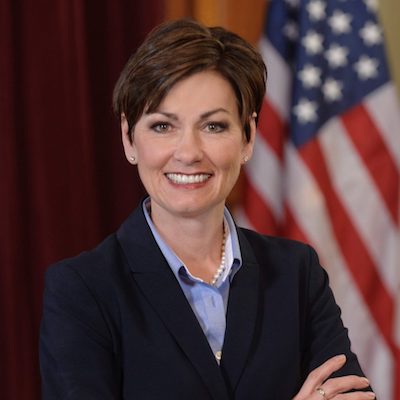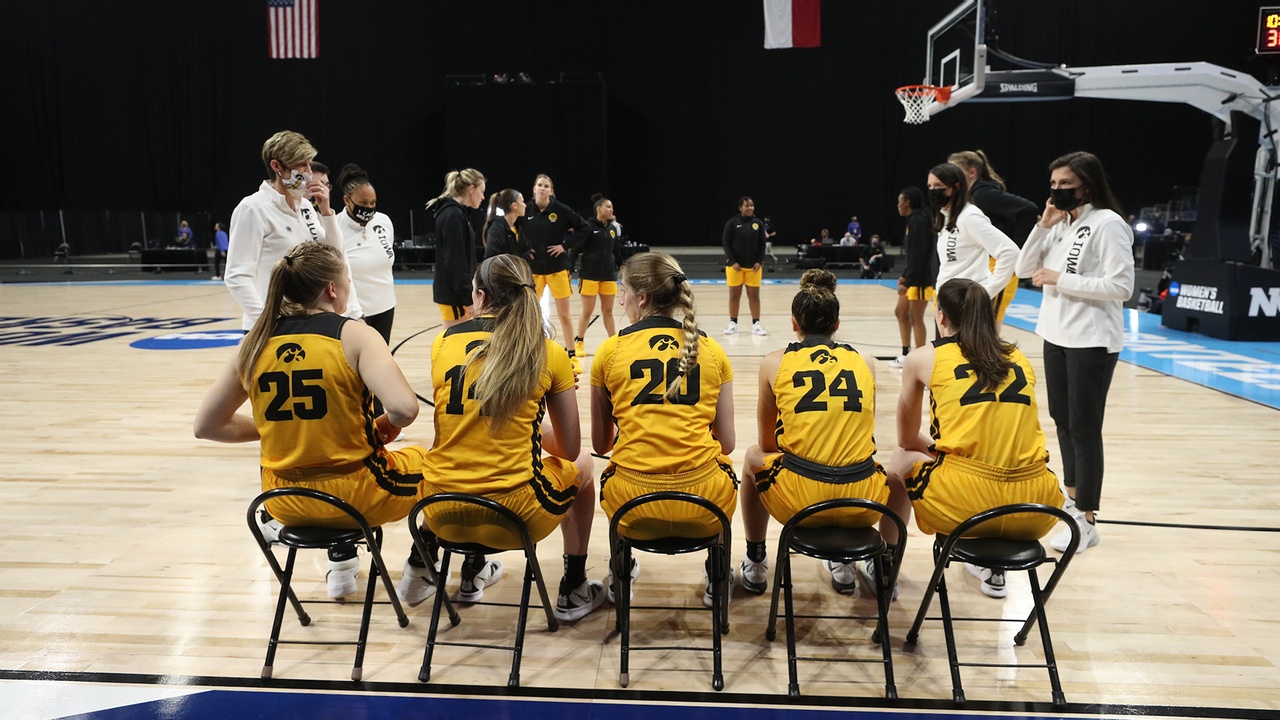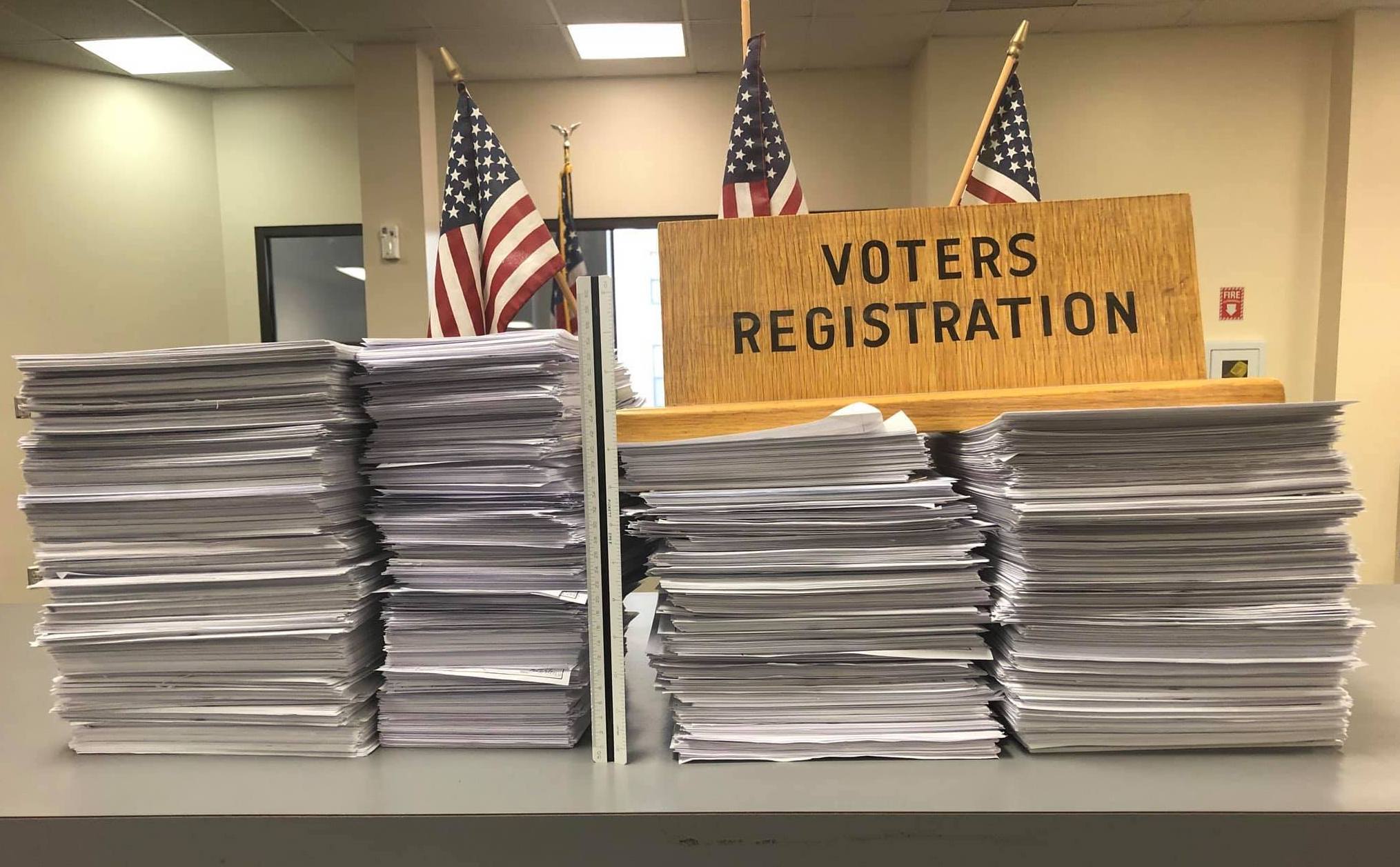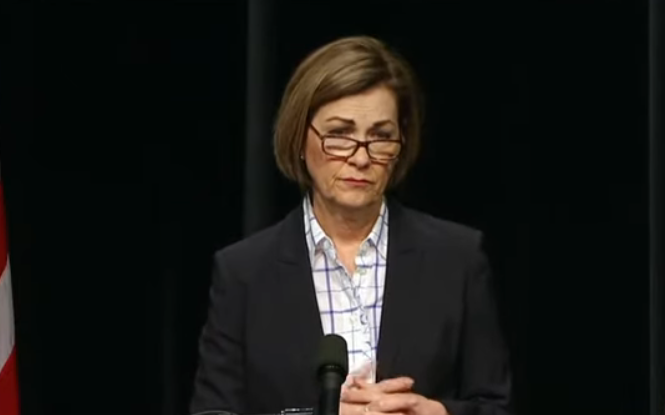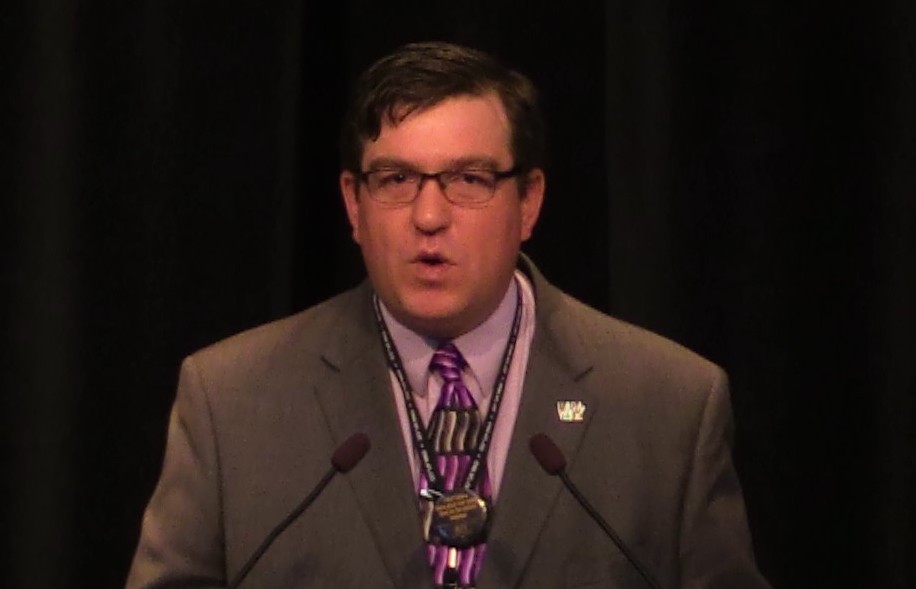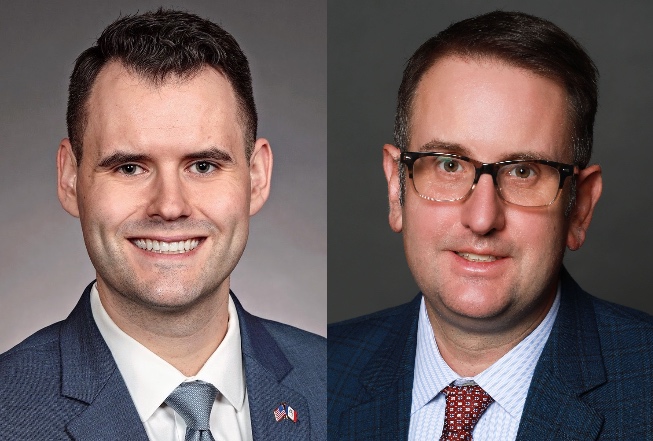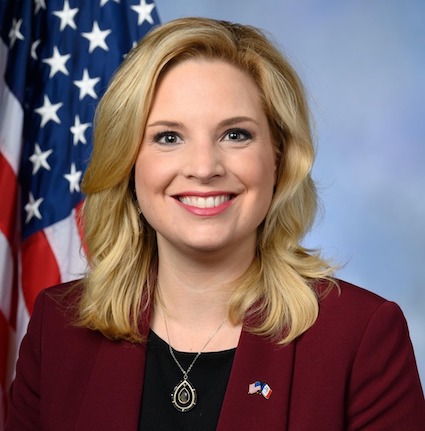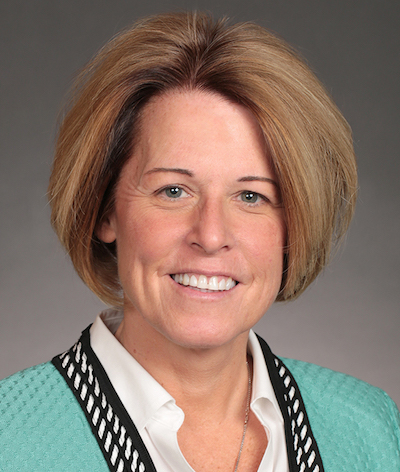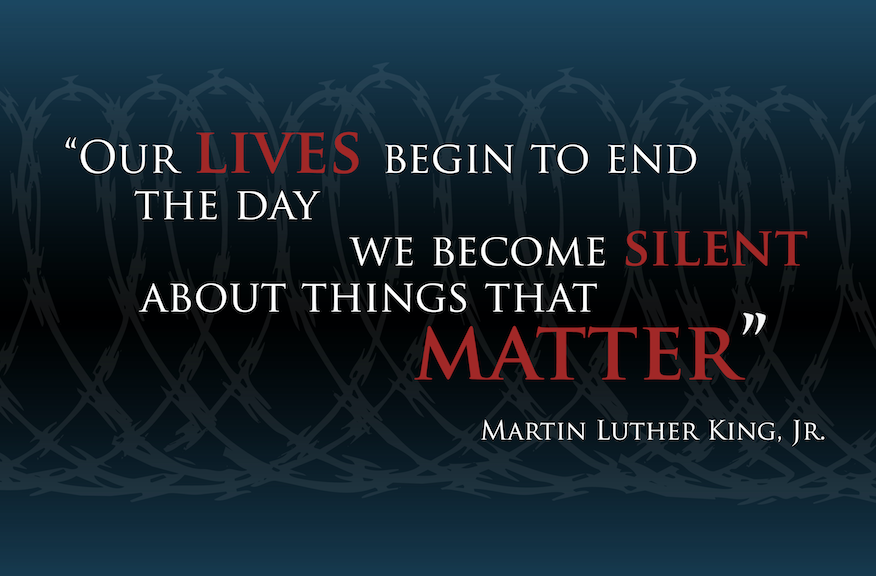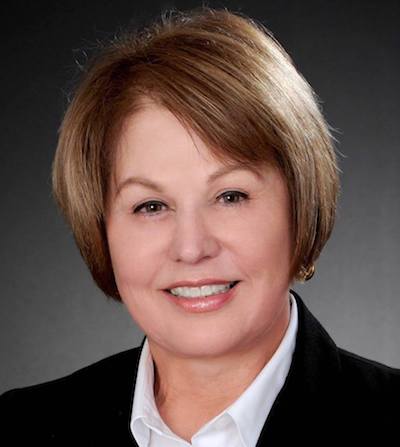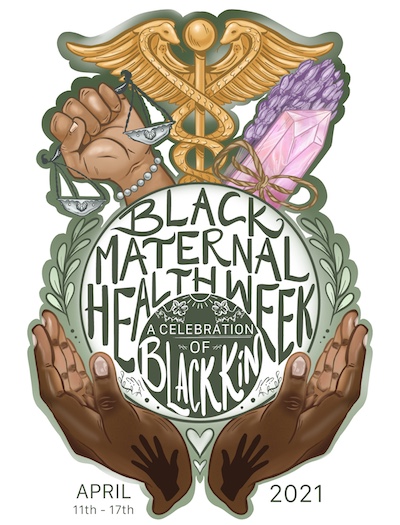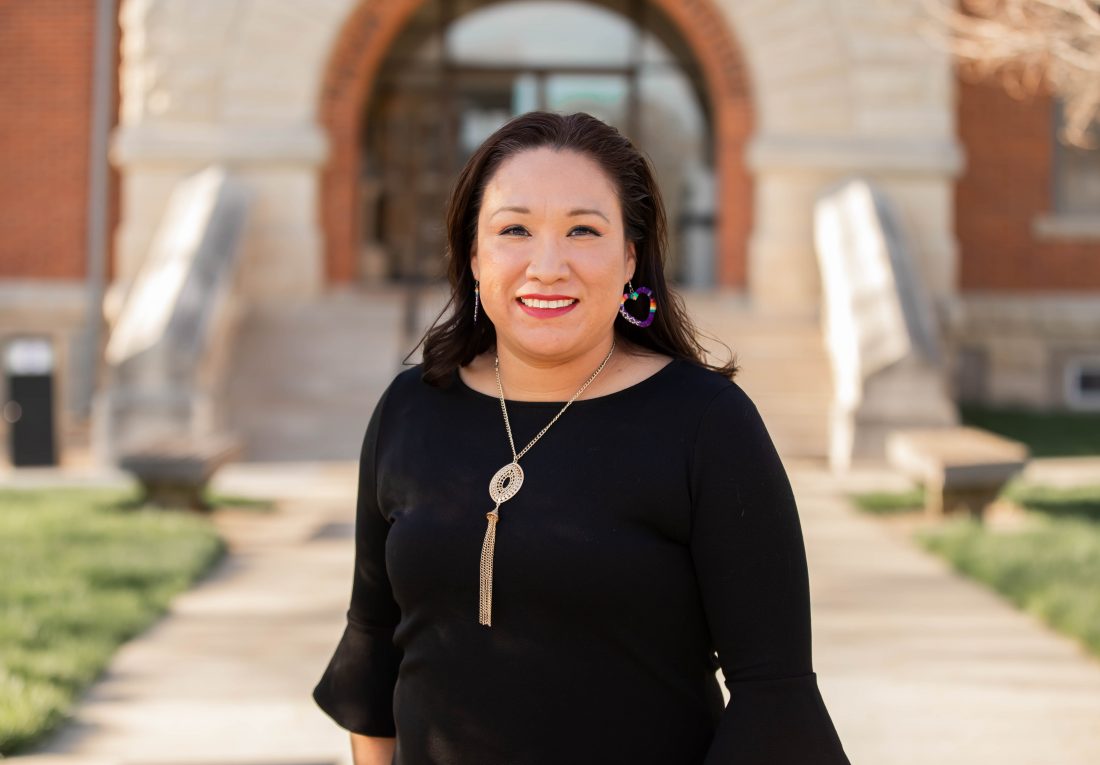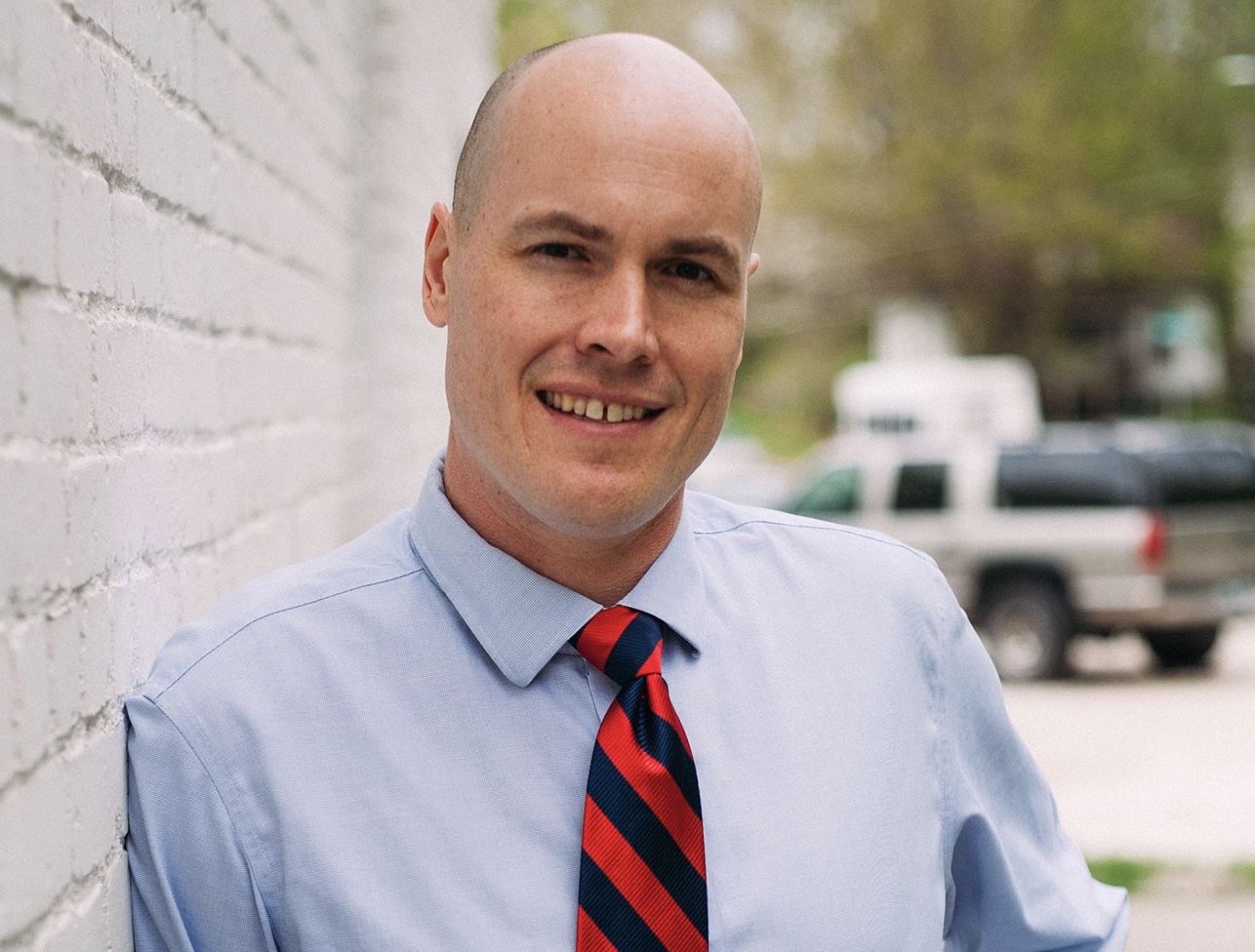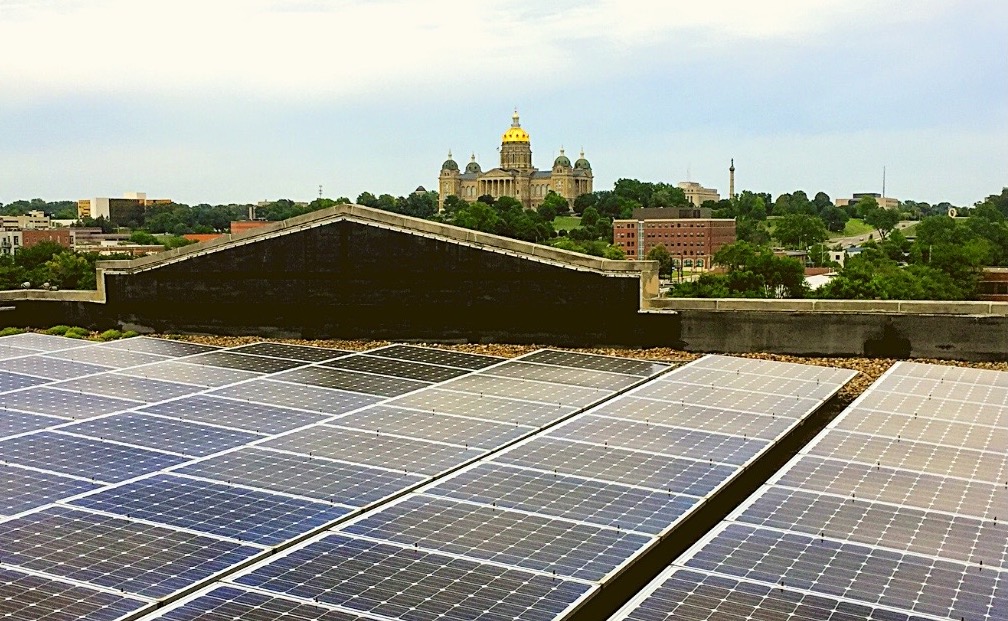Charles Bruner is a longtime advocate for policies that support children and strengthen families. -promoted by Laura Belin
About this essay
I studied political science at the beginning of the 1970s at one of the elitist of universities, Stanford University. My graduate school class, if not all radicals, shared a serious critique of American government and the military-industrial complex, the Vietnam war, the academic privilege and not freedom that embodied the Stanford administration, and the failure for society to listen to youth and follow-through on the vision expressed in the decidedly liberal document, The Port Huron Statement.
I returned to Iowa in 1975 feeling alienated and full of angst at my better understanding of the darker side of American politics. But I had no clue how to contribute to changing it. Fortunately, I found a group of 20-somethings in Iowa – largely through the Community Action Research Group (Iowa’s Public Interest Research Group) – doing that work in the policy field on the environment. They connected me to a job at the Iowa Welfare Association funded by the Compensatory Education and Training Act, the federal jobs program that provided nonprofits with funding to create jobs. It gave me space to learn and grow, as it did for others in my group.
Continue Reading...
